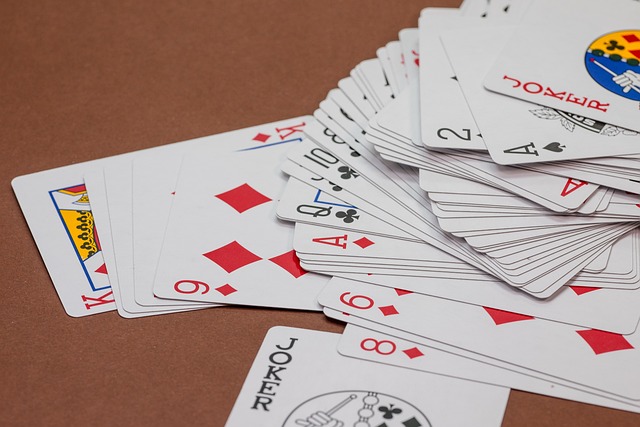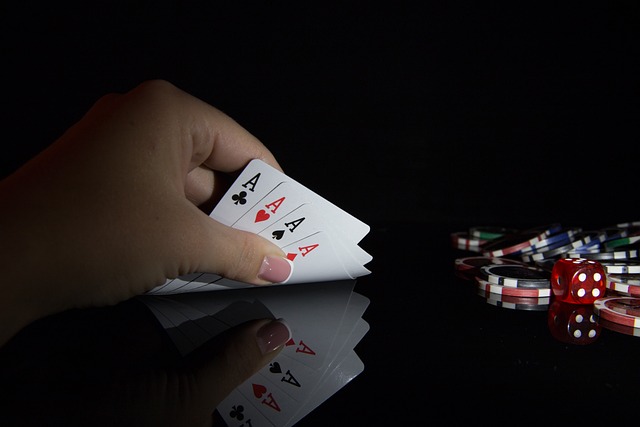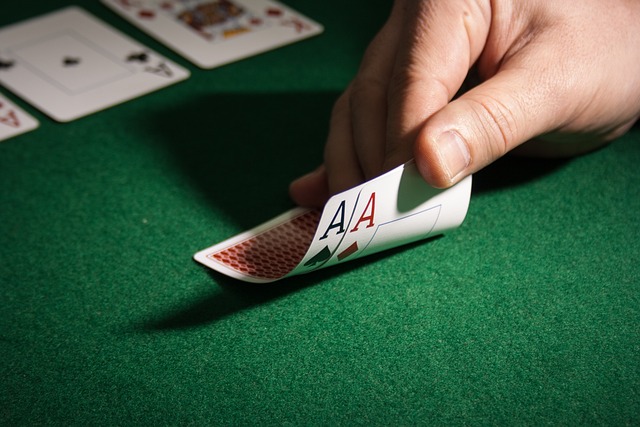The Science of Probability in Casino Games

The dazzling world of casinos offers more than just entertainment and the prospect of striking it rich. Behind every card flip, dice roll, or spin of the wheel lies a meticulous science—probability. Understanding this mathematical principle not only enhances a player’s appreciation of the game but can also inform strategies for better outcomes. As gaming platforms, from traditional establishments to contemporary ones like ‘vave casino‘, continue to attract patrons, a deeper dive into the role of probability becomes increasingly relevant.
Foundations of Probability in Gambling:
Probability, in essence, is the measure of the likelihood that an event will occur. In the context of casino games, it represents the chances of a particular outcome. For instance, when you roll a standard six-faced dice, the probability of landing a specific number, say 5, is 1/6, as there are six equally likely outcomes.
Card Games and Probability:

Consider blackjack, a popular card game where players aim to have cards totaling as close to 21 as possible without exceeding it. Here, the probability plays a vital role. Knowing the likelihood of drawing a 10-value card or understanding how many aces are left in the deck can significantly influence a player’s decisions.
Poker, another card game staple, requires players to understand the odds of completing a winning hand. Whether it’s a flush, straight, or a full house, the mastery of poker often lies in calculating the probabilities on the fly and using that knowledge to make informed bets.
Roulette and the Wheel of Chance:
Roulette, with its spinning wheel and bouncing ball, is a perfect embodiment of chance. Yet, understanding the probabilities can enhance a player’s experience. European roulette, for instance, has 37 pockets (numbers 1-36 and a single 0), making the probability of landing on a specific number 1/37. However, different betting options, such as red or black, even or odd, come with different odds, offering players various ways to engage with the game.
Slot Machines: Digital Age Probability:

The digital transformation of the casino industry, including platforms like ‘vave casino’, introduced games like online slots. These games, governed by Random Number Generators (RNGs), ensure each spin’s outcome is independent and random. However, players often look at a slot’s Return to Player (RTP) percentage, which is an averaged probability of the returns a player can expect over an extended playtime.
House Edge: The Casino’s Advantage:
Integral to understanding probability in casino games is the concept of the house edge. This term represents the average gross profit the casino is expected to make from a game over the long run. It’s the reason why casinos are profitable enterprises. Whether it’s the zero in roulette or the rules of blackjack that ensure the dealer wins in the event of a tie, the house edge is a manifestation of probability at work.
The world of casino games, from the grandeur of traditional establishments to the convenience of platforms like ‘vave casino’, is deeply rooted in the science of probability. For players, understanding this science offers more than just an enhanced gaming experience. It provides insights, informs strategies, and offers a unique perspective on a pastime that has captivated humanity for centuries. As the adage goes, “The house always wins,” but a grasp of probability ensures players can play smarter and appreciate the nuances of every bet they place.
The dazzling world of casinos offers more than just entertainment and the prospect of striking it rich. Behind every card flip, dice roll, or spin of the wheel lies a meticulous science—probability. Understanding this mathematical principle not only enhances a player’s appreciation of the game but can also inform strategies for better outcomes. As gaming…